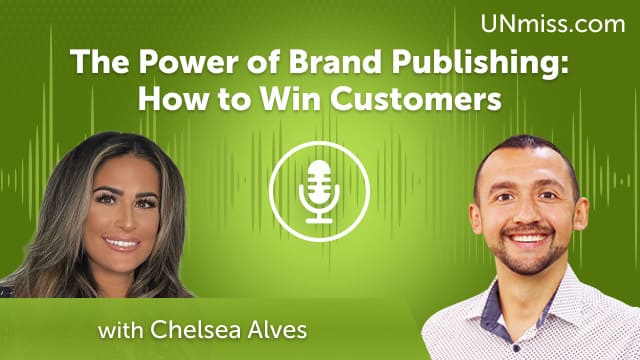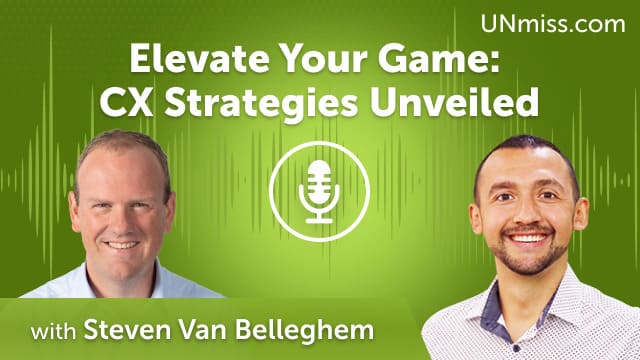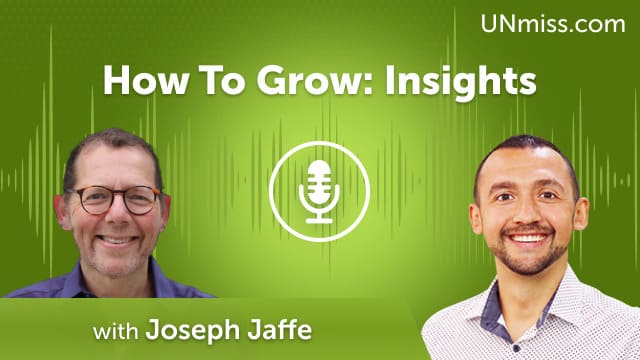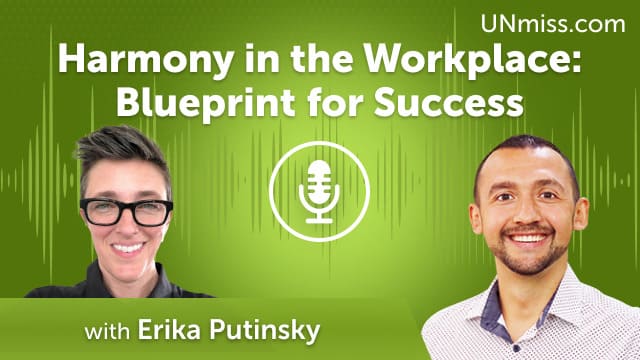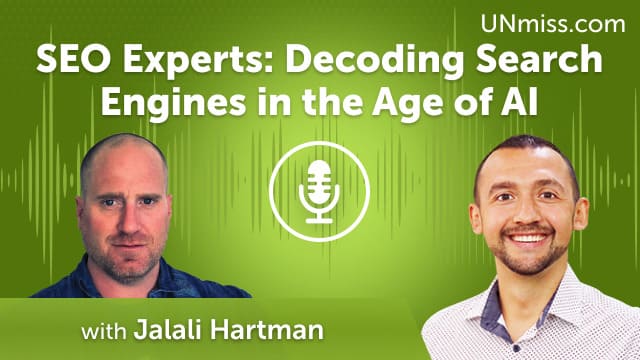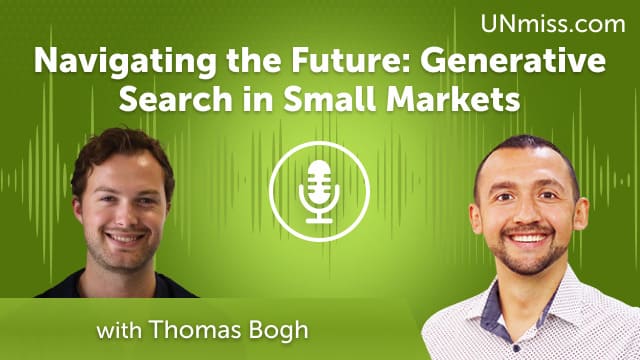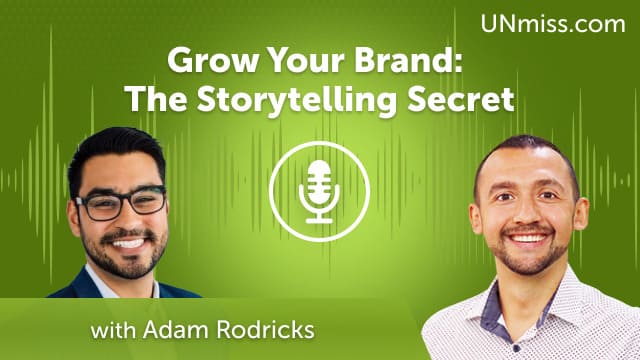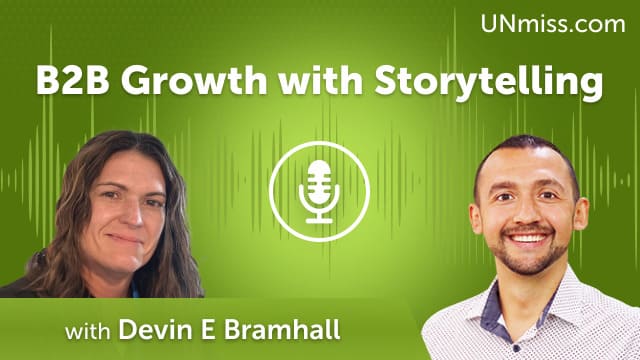Active brand publishing is a must-have.
Or customers will choose your competitors.
Why?
Customers need value first before buying anything.
The rule of 7 touches works well in marketing and sales.
Brands should bring value, help, and support to customers' journeys.
It builds trust and creates the feeling of guilt to give something back.
So, when the buying time comes, customers know exactly where to buy products.
Today, building a big business without marketing attribution is almost impossible because customers only buy recognizable brands.
Here is the main problem.
How can we compete with big brands by posting high-quality content at a scale that requires a lot of resources?
Anything is possible.
I start all my projects with zero money.
It's not a good idea to invest when most competitors have years of experience.
Acquire experience first and then invest resources.
In that way, I've built a few businesses globally.
My goal is to keep growing more and more.
But why do 95% of businesses fail?
They are selfish and don't care about customers.
Content marketing offers a high return on investment (ROI) and costs 62% less per lead than traditional outbound marketing.
According to one of the best marketers in history, Seth Godin, content marketing is one marketing left.
According to Demand Metric: 78% of consumers prefer to learn about products from a company's content rather than traditional advertising.
The best way to build strong brand recognition is to land your marketing message more than seven times in various channels: articles, video, audio, live streams, etc.
It's a lot of work for small brands with limited resources.
Small brands and new startups cannot afford significant content creation expenses if they create content similar to big brands, but they can work smarter, not harder.
Statista found that content marketing influences 90% of buyers' decisions and plays a role in all stages of the buyer's journey.
Read this guide until the end; you will know exactly what to do.
Brand Publishing Foundation
"Content is king" - Bill Gates (Founder, Microsoft)
Brand publishing is the process of creating a lot of educational content with an individual style and solid call-to-action in various channels:
- blogs
- guest posts
- audio podcasts
- videos
- webinars
- social media posts
- PR.
These channels win attention, including views, likes, comments, and traffic, to show customers how products can solve their problems in seven or more touches.
Brands should have unique content with valuable insights that stand out because generic content has low engagement and hurts more CX.
Before posting any content, you should create a buying persona.
Understanding Your Audience: The First Step to Engagement
"The goal of all marketing is to know and understand the customer so well the product or service fits them and sells itself." - Peter Drucker (Management Consultant)
Learn your customers:
- demographic data
- interests
- problems
- occupations
- religion
- anything else.
Content works if it's non-boring and your target audience gets value.
There are a few ways of collecting data:
- Talk with customers
- Get data from salespeople
- Use tools, studies, polls, etc.
When you learn the audience, bring them a quality that search engines and social media only recommend.
Content Creation: Quality Over Quantity
"Don't just create content; create content that adds value.
Content that educates, inspires and solves problems." - Neil Patel (Entrepreneur & Digital Marketer)
The era of lazy marketers is dead.
Creating high-quality content demands collecting data, having extended experience, become an expert in a specific niche.
For example, I cannot create good content about weight loss and cars with limited experience and lack of passion.
In digital marketing, I can and do it every single day.
Quality means sharing something better than existing content that educates your audience that experts can bring through years of hard work, if not decades.
Quality takes time.
That is why quantity hurts quality.
Multi-Channel Strategy: Choosing the Right Channels for Your Message
Your audience can be everywhere, but they spend more time on specific channels: blogs, social media, audio podcasts, events, etc.
The main goal is to find the most popular channels for your customers.
Sparktoro is a great tool that shows what your target users consume more.
Learn these channels and brainstorm your ideas on how to do it better than existing content.
Then, create a content plan for what you'll do first, second, third, etc., according to choosing priorities.
A study by the
Content Marketing Institute found that companies with solid content marketing strategies experience 30% higher customer retention rates.
Creating much content at scale is only possible by repurposing similar content in different formats.
For example, you can write a blog post and convert it to guest posts and social media posts.
You don't need to collect data about this topic for videos, audio podcasts, and live streams.
HubSpot research shows that businesses that publish 16+ blog posts per month get almost four times as much traffic as those who publish 0-4 posts.
Authenticity in Brand Messaging
Most content creators give up creating content consistently fast.
It's not a lack of discipline.
The main reason is they dislike what they do and only replicate what competitors provide to their audience.
For example, if you don't enjoy writing, film more or record audio podcasts like GaryVee, MrBeast, and Joe Rogan.
Be yourself and enjoy each moment.
Authenticity helps you stick with the game for a long when results are low or absent, but you enjoy it like other hobbies: watching TV, walking with dogs, and spending time with your family.
Don't build high expectations of getting fast results that stop most content creators.
Your goal is to be better than others.
Challenges and problems are the central part of the process.
Common Pitfalls in Brand Publishing and How to Avoid Them
Only learn what works by trying hard, testing, experimenting, and failing many times while creating content.
"If you can't measure it, you can't improve it." - Peter Drucker.
The most common pitfalls include the following:
- lack of consistency
- creating generic content
- weak inspiration
- boring.
Users seek valuable, attractive, and inspirational content that decides their problems and provides solutions.
Conclusion: Future Trends: Staying Ahead in Brand Publishing
"The future belongs to those who believe in the beauty of their dreams." - Eleanor Roosevelt (Former First Lady of the United States).
The future is yours, and others can't impact your results.
Just love what you do, enjoy each moment, and outwork others by helping your customers more than anybody else.
[yt-video vid="4g02mnjhca4" title="The Power of Authentic Brand Publishing: How to Win Customer Trust" img="https://unmiss.com/wp-content/uploads/2024/03/power-of-brand-publishing.png" desc="
Active brand publishing is a must-have. Or customers will choose your competitors. Why? Customers need value first before buying anything. The rule of 7 touches works well in marketing and sales. Brands should bring value, help, and support to customers' journeys. It builds trust and creates the feeling of guilt to give something back. So, when the buying time comes, customers know exactly where to buy products. Today, building a big business without marketing attribution is almost impossible because customers only buy recognizable brands. Here is the main problem. How can we compete with big brands by posting high-quality content at a scale that requires a lot of resources? Anything is possible. I start all my projects with zero money. It's not a good idea to invest when most competitors have years of experience. Acquire experience first and then invest resources. In that way, I've built a few businesses globally. My goal is to keep growing more and more. But why do 95% of businesses fail? They are selfish and don't care about customers. Content marketing offers a high return on investment (ROI) and costs 62% less per lead than traditional outbound marketing. According to one of the best marketers in history, Seth Godin, content marketing is one marketing left. According to Demand Metric : 78% of consumers prefer to learn about products from a company's content rather than traditional advertising. The best way to build strong brand recognition is to land your marketing message more than seven times in various channels: articles, video, audio, live streams, etc. It's a lot of work for small brands with limited resources. Small brands and new startups cannot afford significant content creation expenses if they create content similar to big brands, but they can work smarter, not harder. Statista found that content marketing influences 90% of buyers' decisions and plays a role in all stages of the buyer's journey. Read this guide until the end; you will know exactly what to do.
" upload="2024-03-21" duration="PT00H53M59S" shadow="1" lazy="1"]
Learn more about Chelsea Alves on the following resources:
Website:
https://www.rioseo.com/
LinkedIn:
https://www.linkedin.com/in/chelsea-alves
Twitter:
https://twitter.com/Rio_SEO
